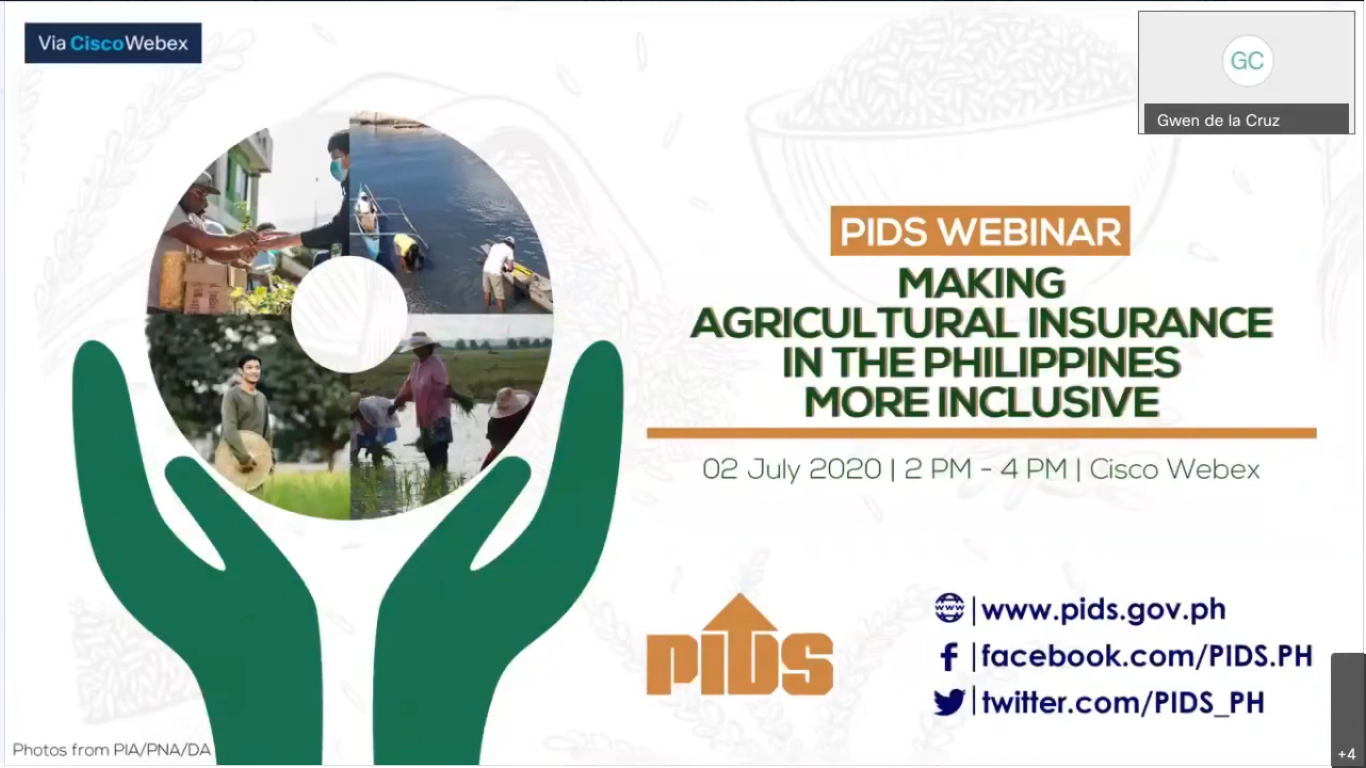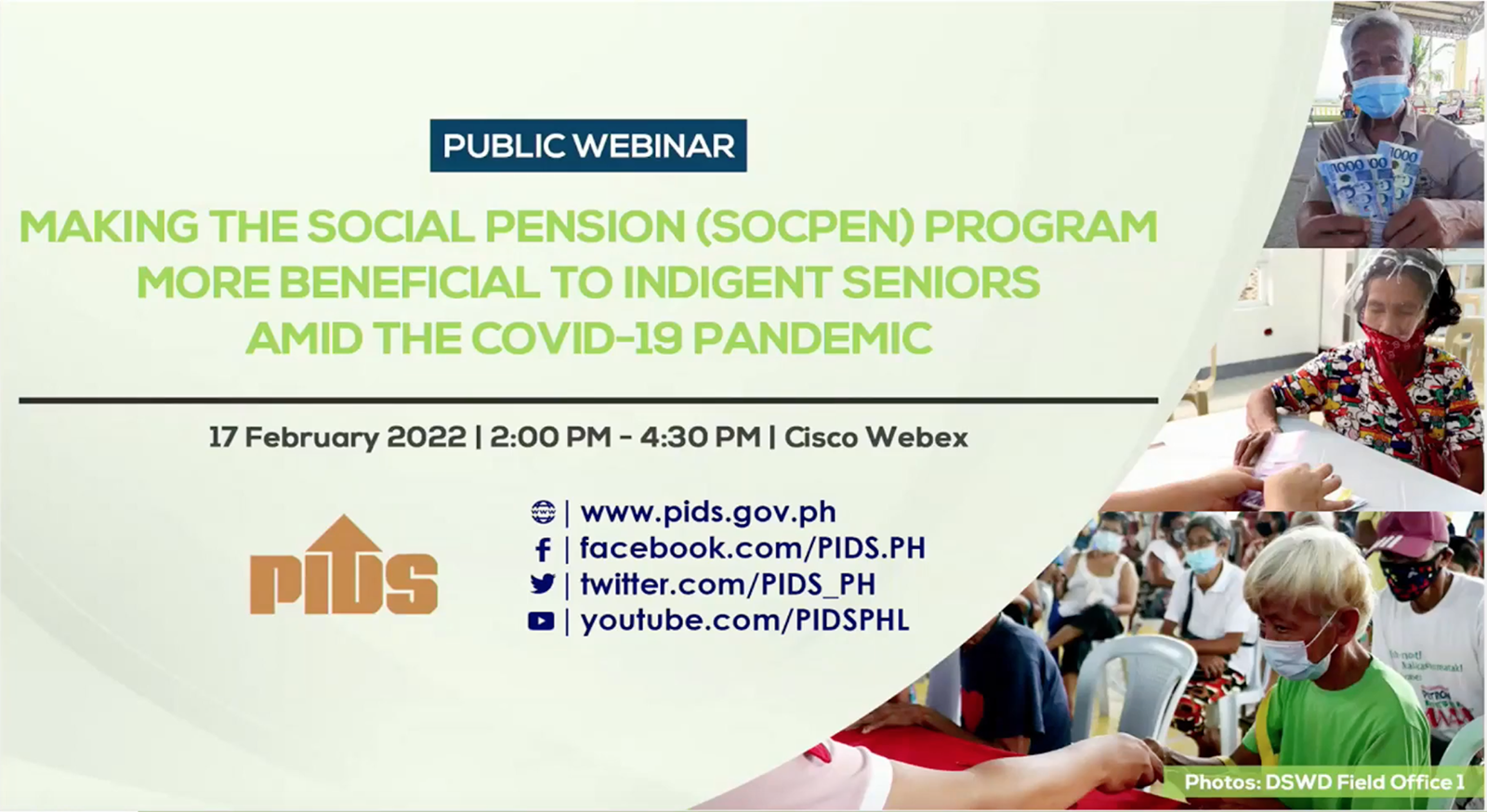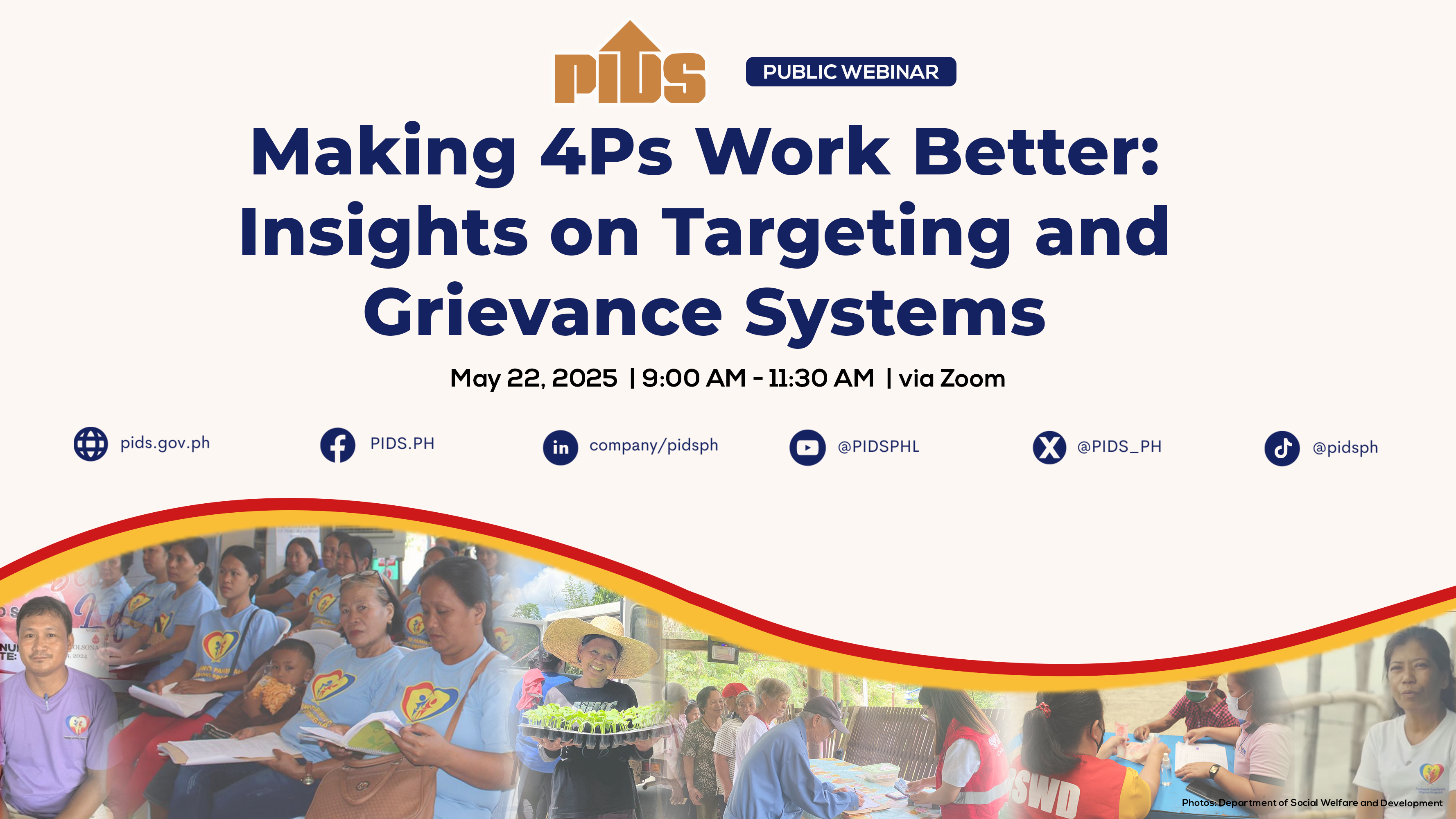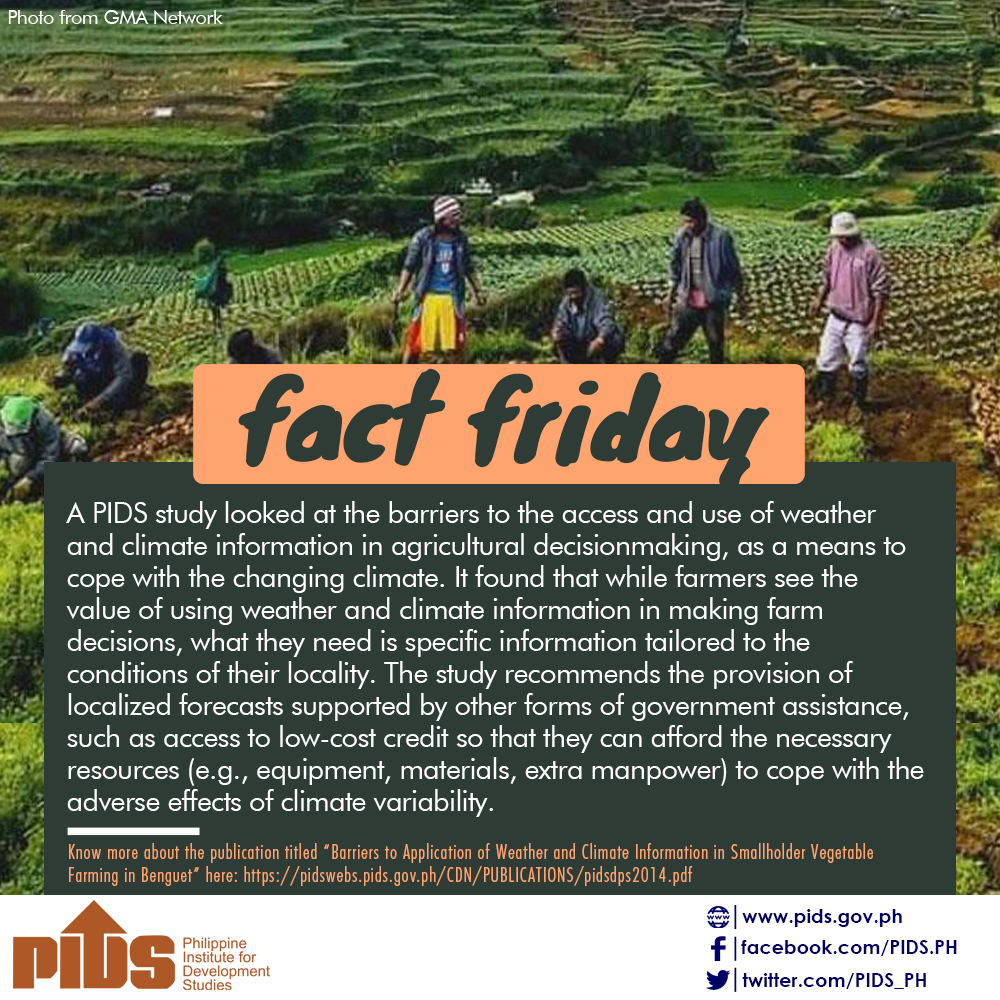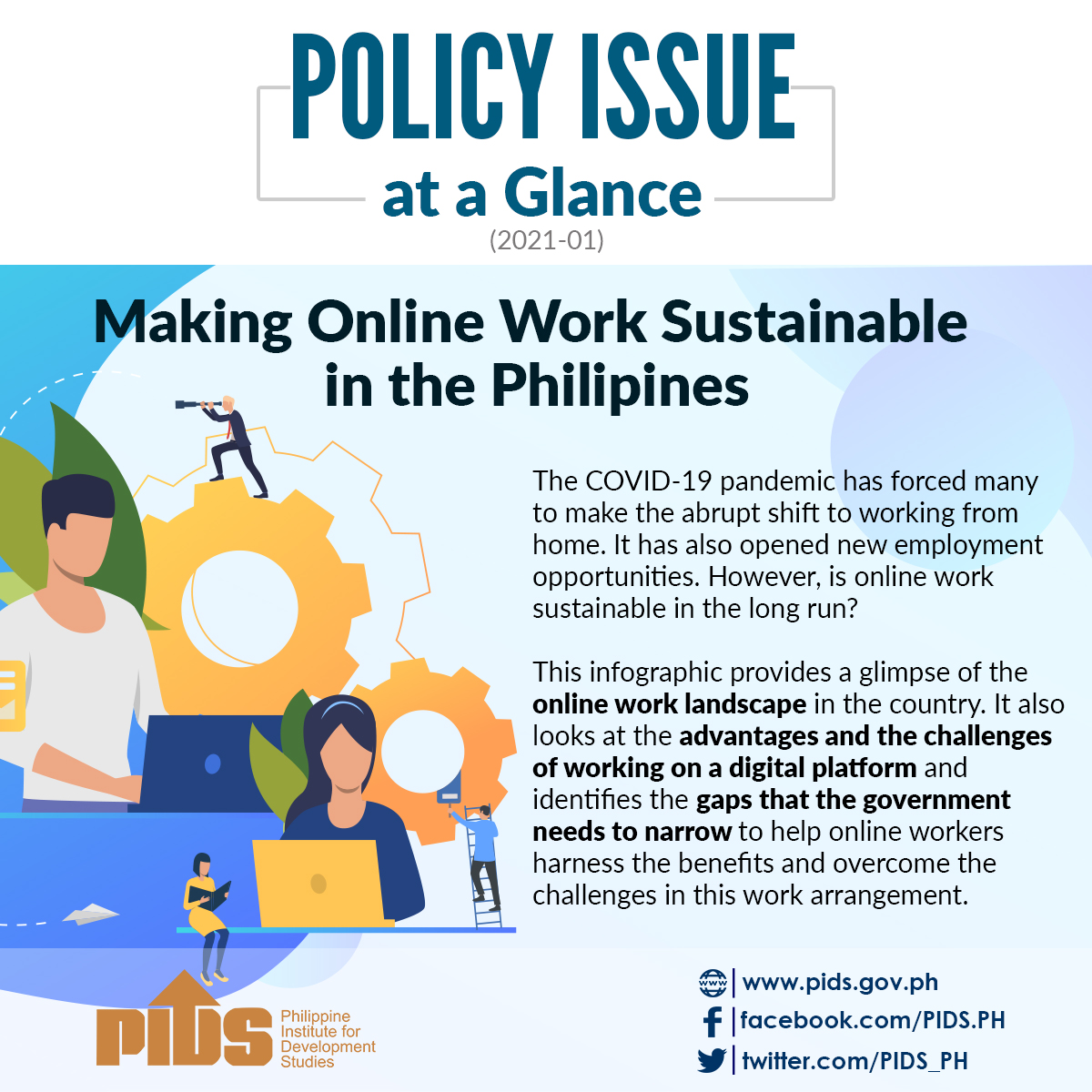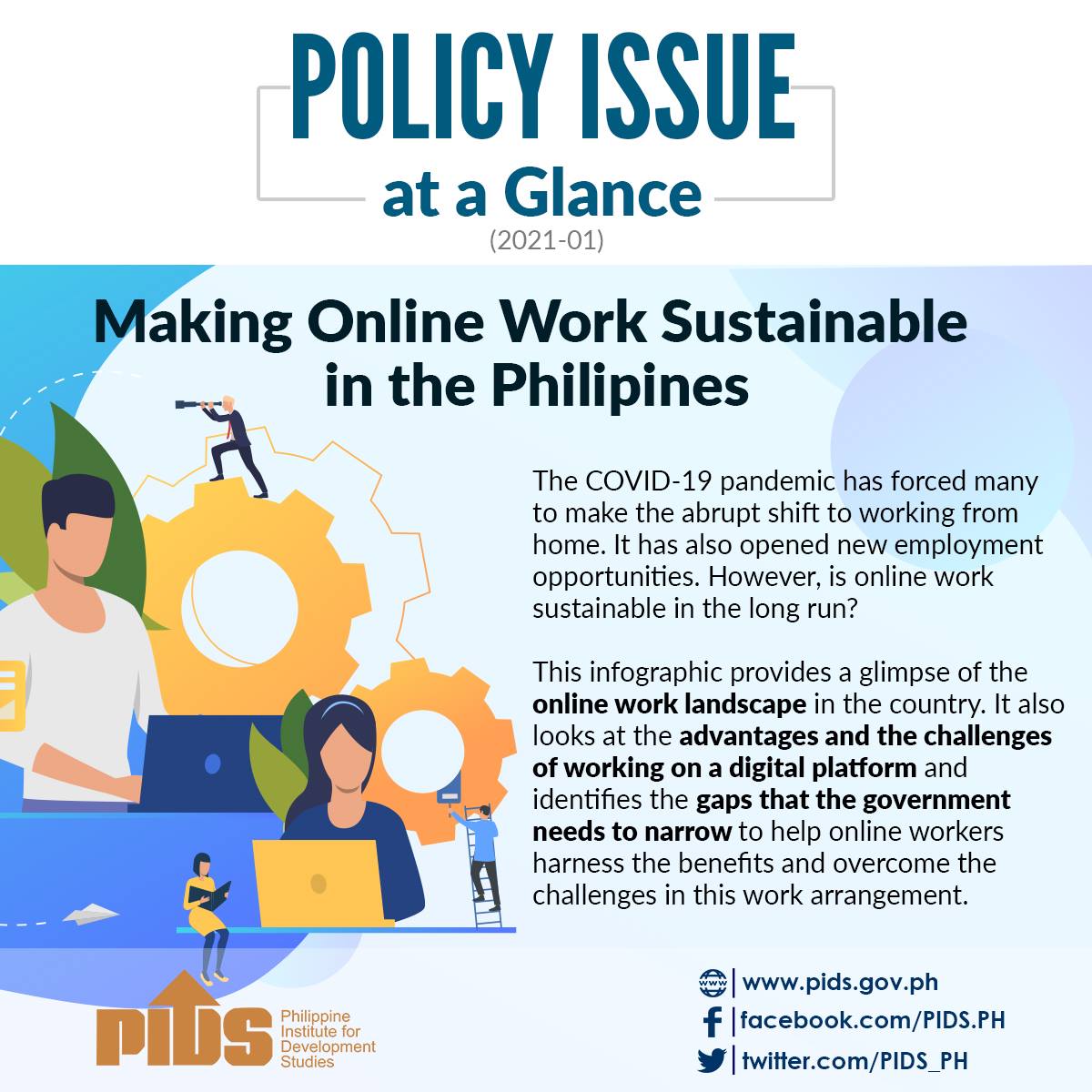CASH remittances sent by overseas Filipino workers (OFWs) in the first three quarters of 2024 reached $25.23 billion, up 3 percent from the $24.49 billion sent home in the same period last year. Analysts say these remittances remain a bright spot in the economy because they boost consumer spending, which accounts for more than 70 percent of the domestic economy's output. They also strengthen the current account and support the peso.
A recent study by the Philippine Institute for Development Studies (PIDS), however, urges policymakers to look beyond the dollar amounts and address other issues, such as the overreliance on remittances, which could create dependency, discourage local labor participation and even fuel inequality.
That study, "Long-Term Effects of Labor Migration in the Philippines: 'Napakasakit, Kuya Eddie!'" by PIDS research fellows Jose Ramon G. Albert, Aubrey D. Tabuga and co-authors, notes that family fragmentation emerges as a stark consequence of labor migration, which is further amplified by the lack of systemic financial literacy support available to young OFWs dreaming of early retirement.
"Promoting financial literacy initiatives that teach them to manage their income, savings and investments is crucial to ease their transition back into the Philippine labor market upon retirement or contract termination," the authors said.
Without such financial knowledge and appreciation, money transfers from OFW bread earners are all too often easily depleted and consumed by their families back home.
The House of Representatives' passage on third and final reading of House Bill (HB) 10914, or the Free OFW Financial Education Act, is a step in the right direction in addressing this problem. If approved, the bill will require OFWs to undergo continuously updated financial education or literacy training seminars as part of their predeparture orientation seminars and post-arrival training seminars.
It also provides overseas Filipino seafarers the option to attend these seminars at their respective points of hire or within a reasonable time after returning to the country.
Families of OFWs will also be equipped with financial education through online seminars and other feasible means.







